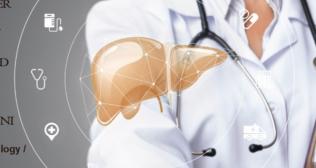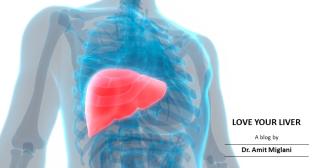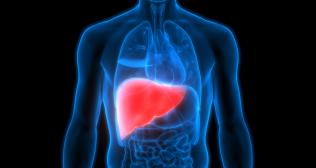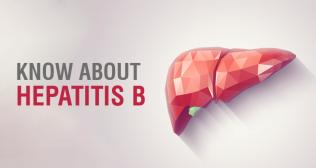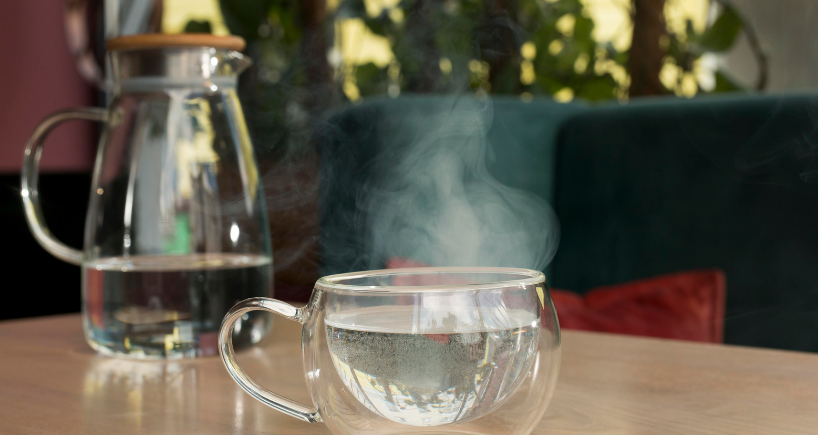
The Science Behind Drinking Hot Water: What Happens to Your Body?
Most of us kick start a morning with a steaming cup of coffee or tea, seeking that comforting warmth to shake off the sleepiness. However, when it comes to water, we often reach for cold glass, believing it to be more refreshing. According to Ayurvedic medicine, this common practice might not be the best for our health. Regularly drinking warm water, especially in the morning, offers numerous health benefits.
How drinking warm water benefits you?
Warm water consumption promotes the tightening of the intestine, optimising the elimination process. Additionally, warm water acts as a vasodilator, expanding the blood vessels and improving circulation, which can help muscles relax and reduce pain.
According to Ayurveda, different types of water are absorbed by the body at different rates. Regular water takes about 6 hours to be absorbed, while boiled water is absorbed in just 3 hours. Boiling water for ten minutes enriches it with energy and stimulates digestion. The properties of water change after boiling, making it beneficial to sip throughout the day. There is no need to reheat it, as its nature remains warm. However, water kept overnight loses these beneficial properties, so it is best to boil fresh water every morning for optimal results.
Advantages of warm water
- Better digestion: Hot water helps break down food faster and prevents constipation by supporting regular bowel movements
- Detoxification: Drinking hot water acts as a natural detoxifier that can make you sweat, which helps toxins and clean your pores.
- Improved circulations: Hot water expands blood vessels, improving blood flow and helping muscles relax.
- Weight loss: Drinking hot water can boost metabolism and increase feelings of fullness, aiding in weight loss.
- Pain relief: Hot water can improve blood flow to injured muscles, potentially reducing pain.
- Cold and sinus relief: Hot water helps clear sinuses and makes coughing and nose-blowing more effective.
- Prevents constipation: Warm water helps regulate bowel movements and prevents bloating and discomfort.
- Stimulates hunger: Drinking warm water can kickstart your metabolism and stimulate hunger.
- Menstrual cramp relief: Warm water increases blood circulation, which can help relieve menstrual cramps.
- Prevents premature ageing: Hot water helps remove toxins from the body, which can prevent premature ageing.
- Reduces stress: A soothing cup of hot water can help manage stress and anxiety.
Encourages the consumption of tea and coffee: Hot water mixed with coffee or tea can offer additional health benefits such as longer life and reduced risk of certain diseases.
What happens when you drink cold water?
Cold water causes your blood vessels to shrink, which restricts digestion and hinders hydration.
Instead of focusing on digesting food and absorbing nutrients to create energy, the body has to work harder to regulate its temperature, which can lead to water loss.
Consuming cold water after a meal can create excess mucus in your body, potentially weakening your immune system and making you more susceptible to cold and other illnesses.
Side effects of drinking hot water
While drinking hot water has many benefits, one must be aware of its side effects.
- Drinking water that is too hot can cause burns to your mouth, throat and oesophagus. Check the temperature of water before drinking to avoid accidental burns.
- Drinking a lot of hot water can sometimes lead to dehydration.
- Drinking hot water even when not thirsty can cause an imbalance in the water concentration in the body.
- Regularly drinking hot water can damage gums and teeth over time.
In a nutshell, cold water can be refreshing after exercise but may not be a good choice for health benefits. Warm water is said to be more beneficial for maintaining optimal bodily functions, such as digestion and detoxification. However, it’s important to be cautious with hot water, as drinking it at very high temperatures can cause discomfort, such as burns and irritation.







